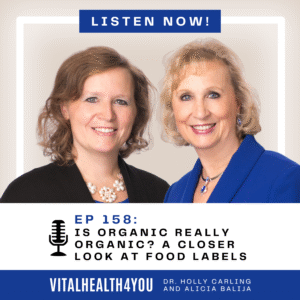We’ve been told that PMS (pre-menstrual syndrome), PMDD (pre-menstrual dysphoric disorder) and other hormonal imbalances are “normal” parts of a woman’s cycle. Yet not every woman experiences them. It is said that 80% of menstruating women have experienced one or more symptom commonly associated with menstrual disorders. That’s a lot of women! But, WHY is that? Is it “normal” or “common”? I say, common, not normal.
There are over 200 symptoms associated with PMS and PMDD. Each of these symptoms can mean a myriad of other conditions, however, when seen consistently 1-2 weeks prior to the onset of the menstrual cycle, it is considered “PMS” or “PMDD”.
Whenever you’d like to know an underlying cause of something, you can look to the medication prescribed for it, and the mechanism through which it helps symptomatically. Although not always accurate, it can give some light. For instance, SSRI’s (antidepressants or anti-anxiety drugs) work with how the body responds to serotonin – the “Happy Hormone” in the brain. If there are hormonal issues, we have to consider what is absent that the body needs to make these hormones. For instance, Essential Fatty Acids (either a deficiency in Omega 3, or excess of Omega 6) has been shown to have an influence on several hormones in the body – not just brain hormones. Supplementing the diet with good fats can help in many cases.
Birth control pills are frequently prescribed. Any hormonal imbalance (which PMS really is) can be helped. There are several nutrients in the mineral and amino acid categories that have been found deficient in women with unfavorable hormone-related symptoms. The inclusion of these in the diet or via supplementation has shown tremendous benefits.
There have also been studies done on triggers. The two top triggers for PMS and PMDD are caffeine and sugar. Sound familiar? I once had a 19 year old patient that raged so severely the week preceding her cycle that her entire family moved into a hotel that week. The two weeks prior to that she was also really bad, but at least she didn’t throw knives or punch holes in the wall. Only one week per month was she tolerable to be around. After finding out that she was a “choco-holic”, and extremely resistant to any treatment I could offer, I asked her if she’d do just one thing for me. She agreed. I asked her to stop eating chocolate. She flew out of her chair, and I thought she was going to strangle me! But, she did, finally agree. The next cycle she was like a new woman! 80% of her symptoms disappeared with just that one change. It’s not always that easy, which is why we have lots of tools to address the many underlying reasons for an uncomfortable menstrual cycle. It is not requisite that a woman suffer from severe (or even mild) cramping, bloating, breast tenderness, mood swings (especially anger and irritability), sugar cravings, swelling or any of the other many symptoms. There is so much that we can do to help.
©2014 Holly A. Carling, O.M.D., L.Ac., Ph.D.







